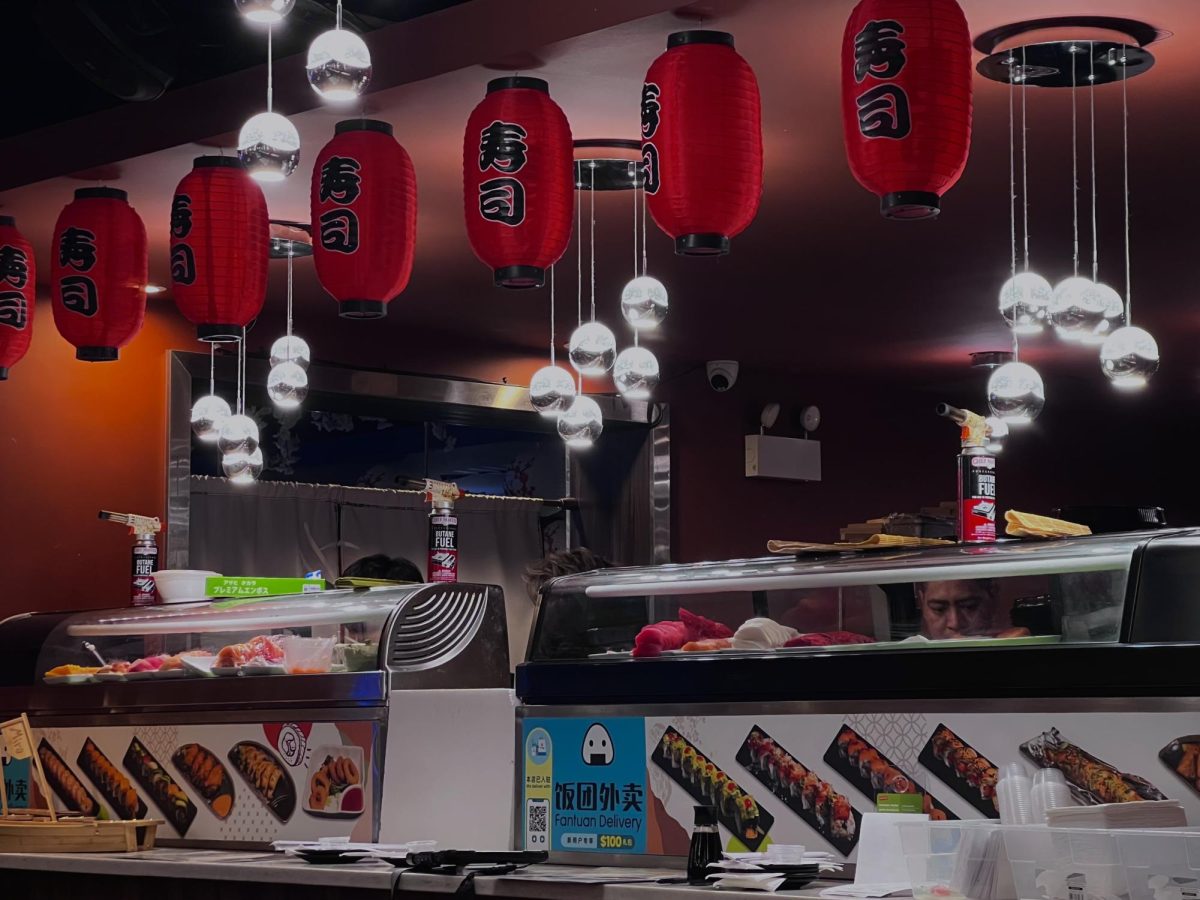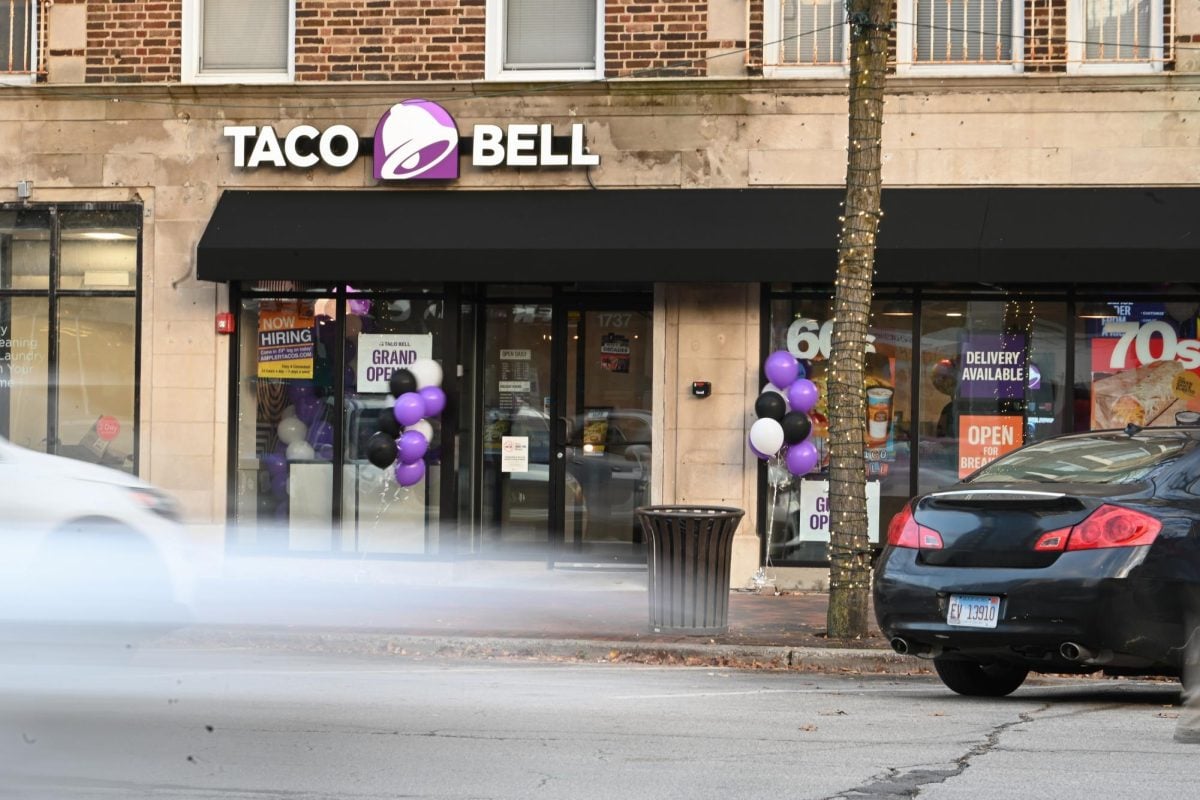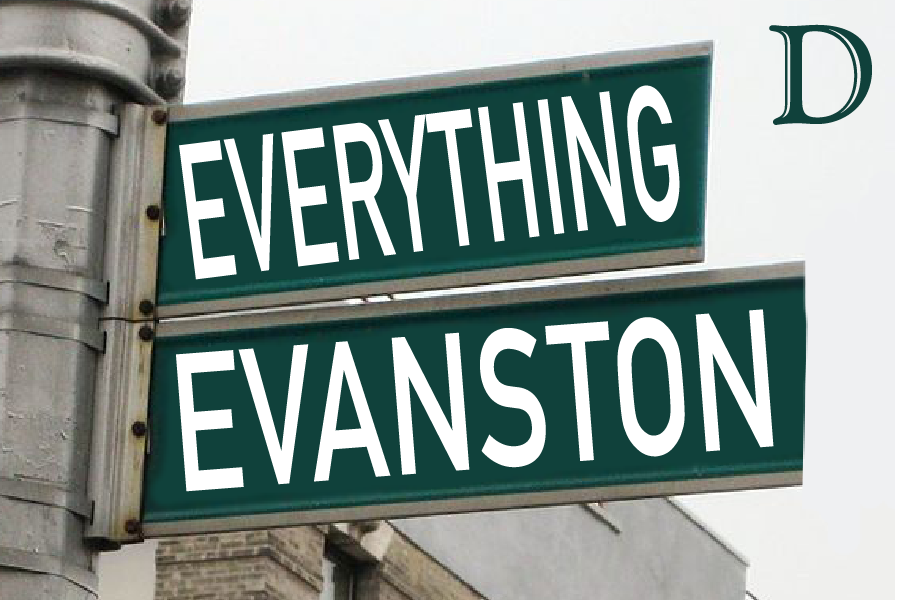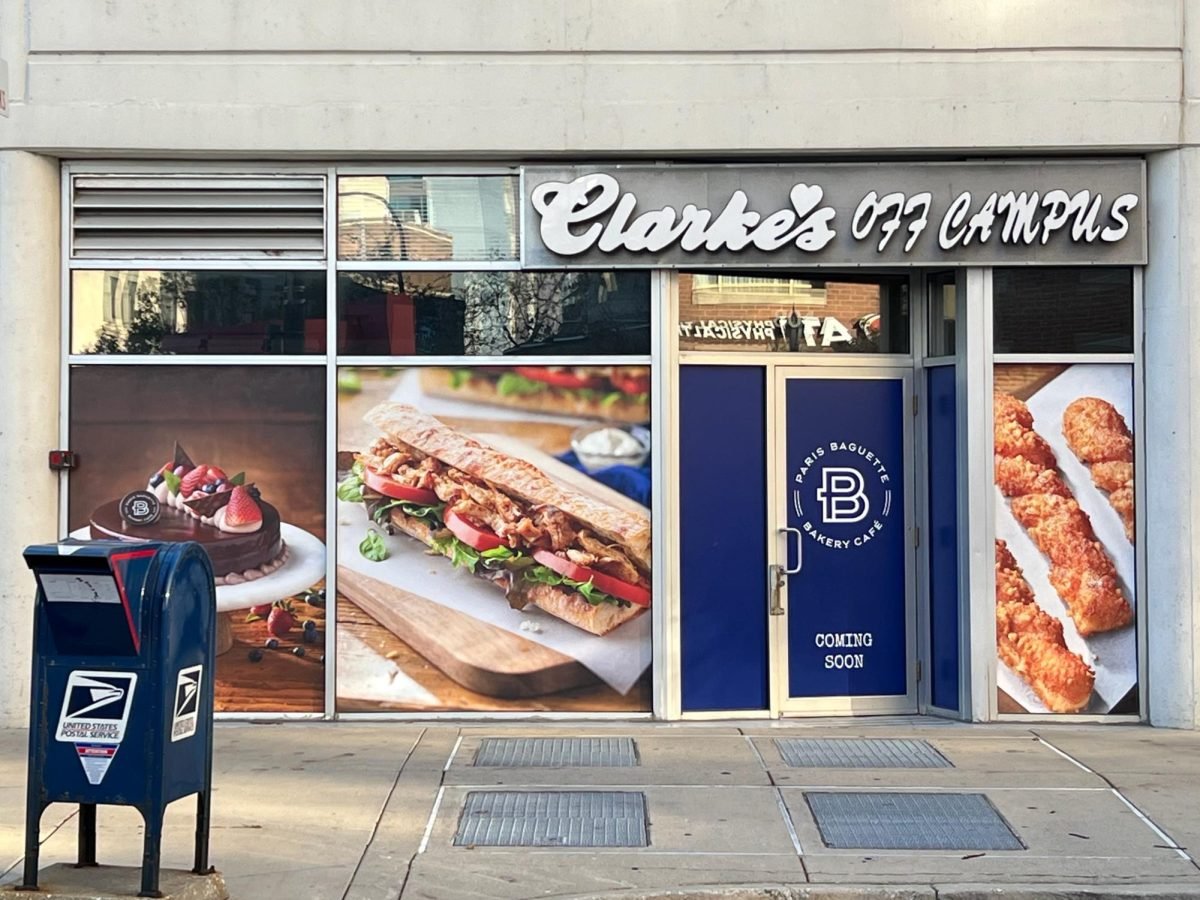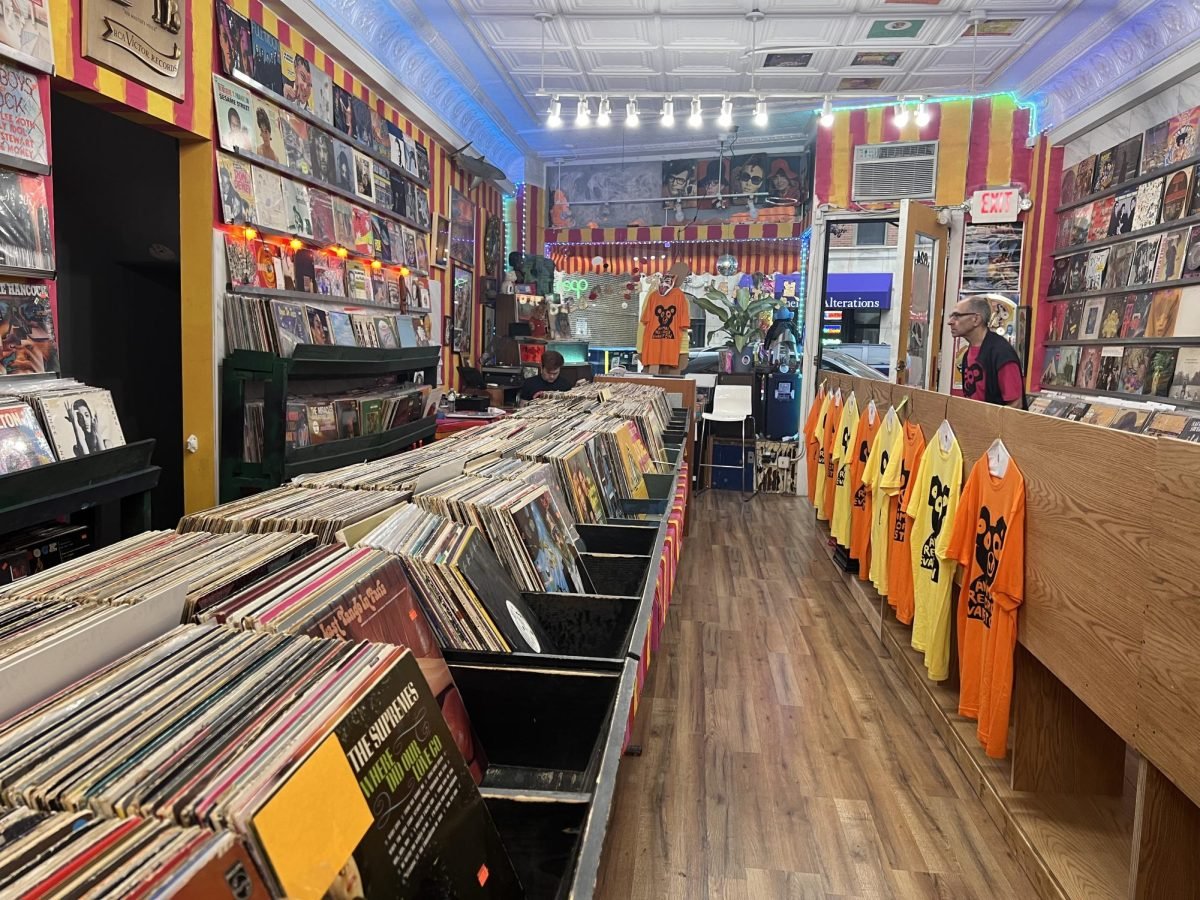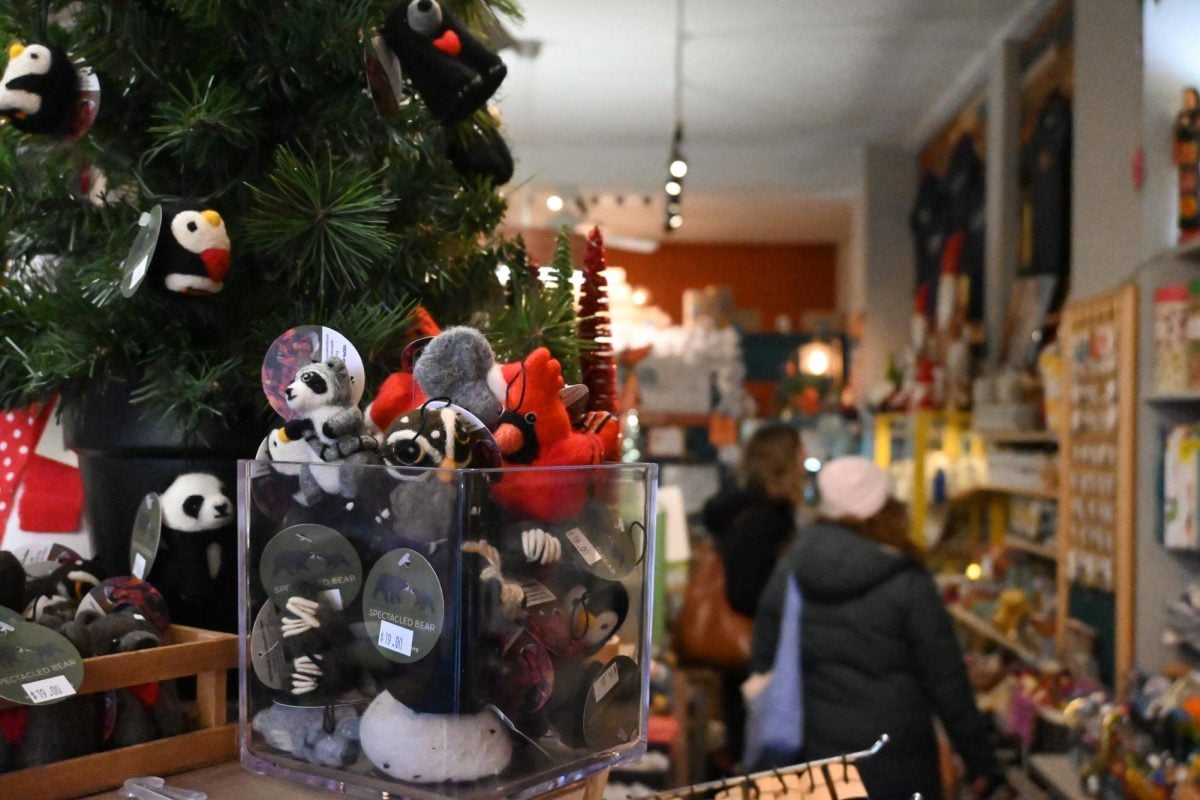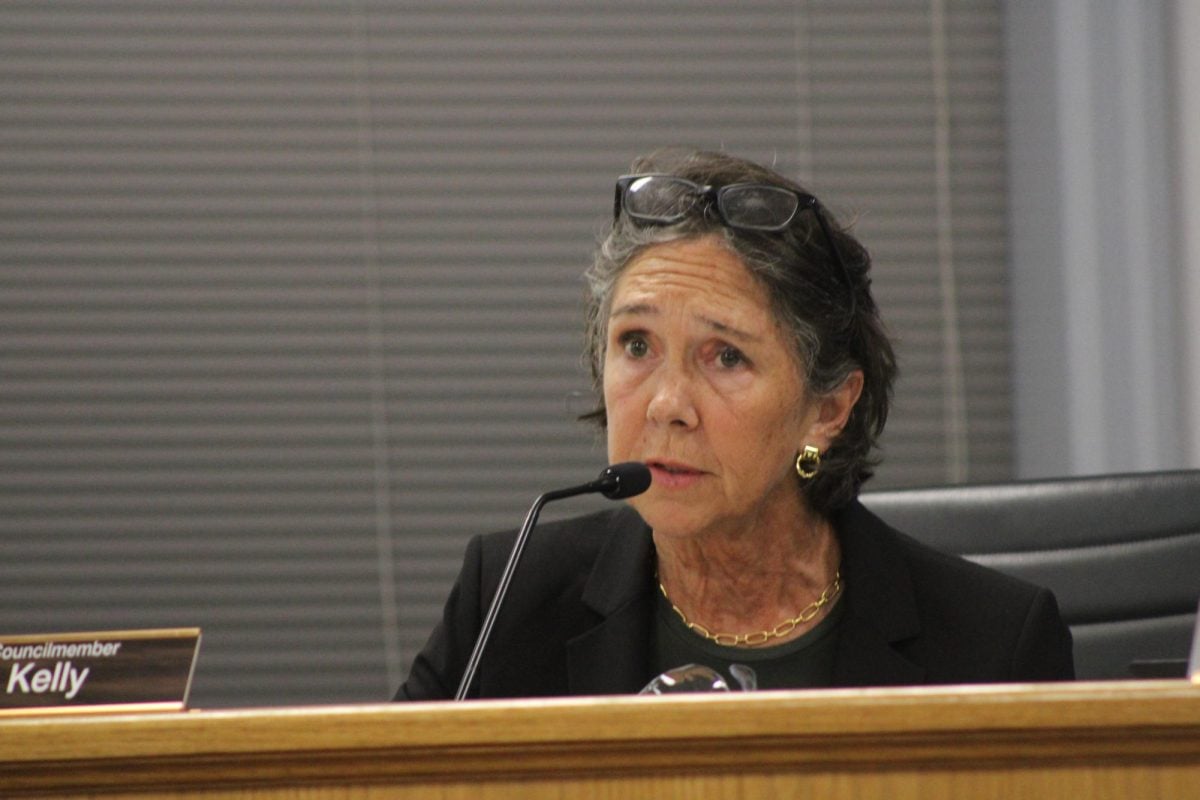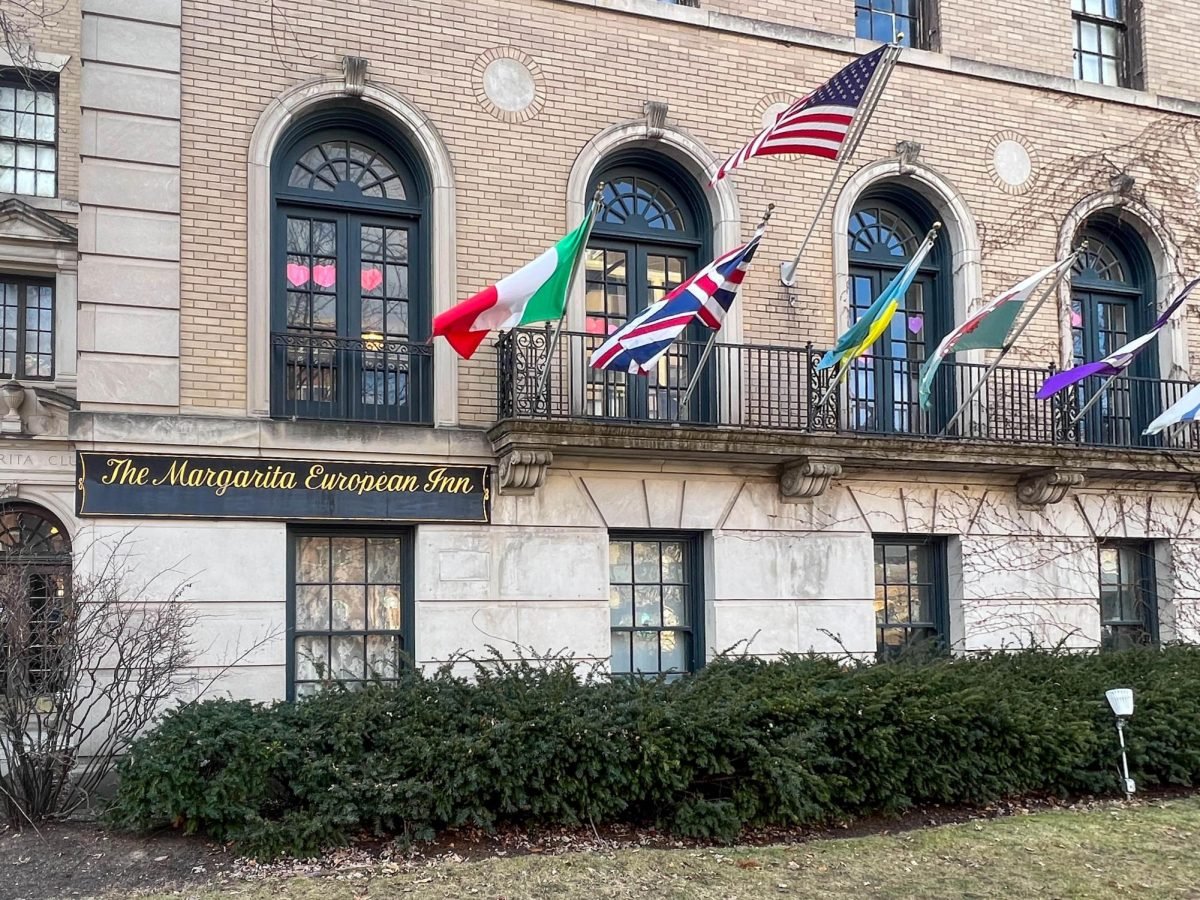When Evanston business owner Sara Jane Abbott held the September grand opening for her jewelry and accessories boutique Seejanesparkle, she invited the Northwestern students who helped make the event possible.
Abbott is one of several clients of Lending for Evanston and Northwestern Development, a student-run microfinance organization, who have opened businesses with the group’s assistance. Since its launch three years ago, LEND has helped local entrepreneurs like Abbott create more than 25 local businesses. LEND held two informational sessions last week to recruit new members.
LEND specializes in two services: microlending and business training.
Most of the organization’s clients are “low-income, credit-constrained borrowers,” said LEND president Gaurav Kikani, and cannot receive loans from traditional avenues, such as banks. After passing a lengthy decision-making process, LEND provides a short-term loan of up to $5,000 to local entrepreneurs.
In addition to providing funds, LEND offers its clients a business training program that teaches the basics of running a business.
One of the main differences between LEND and a bank is that the former is a “high-touch organization” that aims to maintain constant communication with its clients, Kikani said.
Malik Turley, owner of Hip Circle Studio, 709 Washington St., asked LEND for a loan in May to expand her fitness and parenting studio because she desired a more personal loaning experience than that which a bank could provide.
Since the expansion, Turley’s studio has grown to include 13 instructors and 25 members.
“New folks are coming in every day, and I can now offer more classes, such as yoga and hula-hooping, that I could not have done before,” she said.
Despite the fact that LEND’s goal is to help out local entrepreneurs, Kikani said the organization will turn down clients who are not ready to commit to running a business.
“We look for invested clients who need this to work out because their livelihoods depend on it,” Kikani said.
LEND determined that Abbott is one such client.
In February 2011, Abbott was laid off from her corporate designer position in the wake of a company acquisition and could not find a similar director-level position in Chicago. Abbott said that after more than 17 years in the design business, she did not want to go backward in her career and decided to focus entirely on her then-side job, Seejanesparkle.
Because Abbott was already running the business, she asked LEND for only a small loan to cover start-up furniture and inventory costs that will increase the size of her operation.
“I was already selling a lot beforehand and did not need a whole revamp, so LEND was the perfect transition for me,” she said.
Weinberg junior Jang Kim, LEND’s director of internal memory, attributed the success of the program to the number of students involved.
“I think that LEND is an organization that is very sustainable,” Kim said. “Big organizations often lose momentum because not everyone gets to work; we are a small team and tasks get delegated to all members,” Kim said.
Despite LEND’s success, Kikani, a Weinberg junior, said the organization still has room for improvement. For instance, this year’s clients will take an eight-week training program that will allow them to subsequently focus on a few subjects they deem most important to the success of their business.
Even after the client pays off the loan, the partnerships between LEND students and business owners continue. Abbott still keeps in touch with LEND, for instance, and is doing a trunk show at the sorority house of a student she worked with.
“LEND will always be here to address any needs,” Kikani said. “Our mission is to support local entrepreneurs.”
